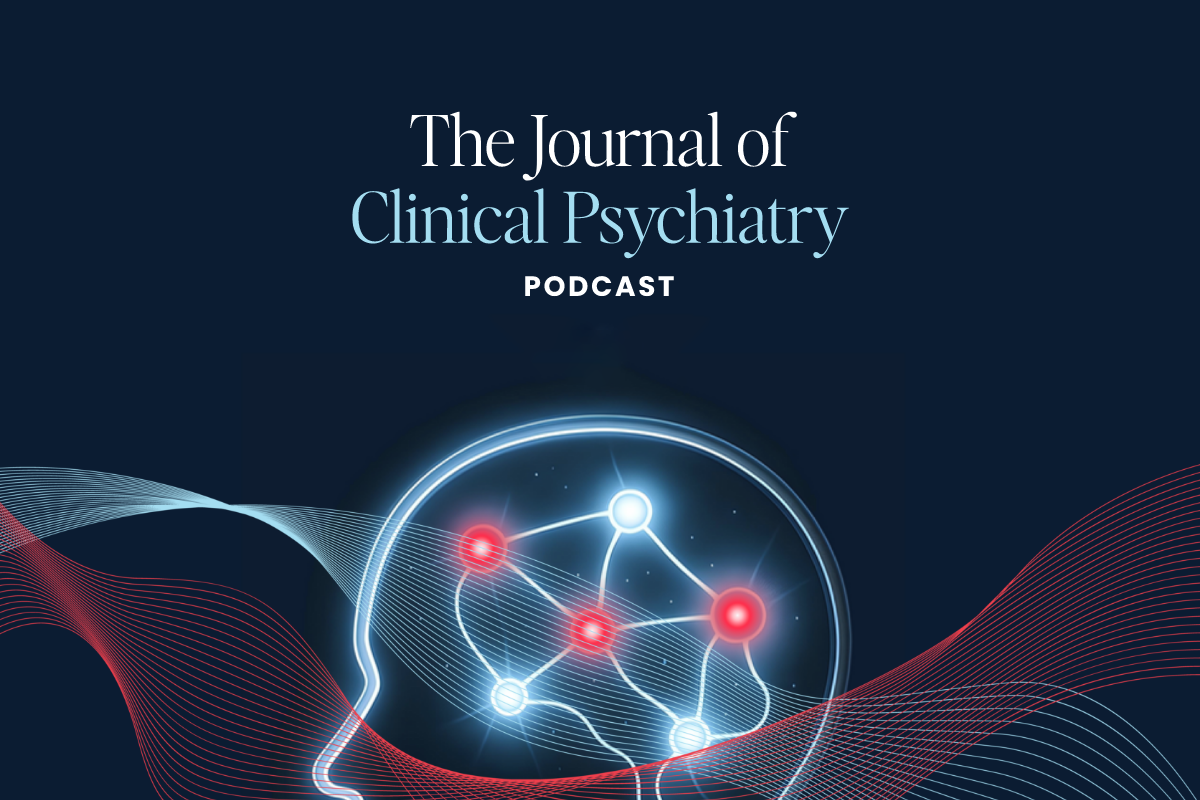Even the ancient Greek philosophers suspected that doing good had its benefits.
Now new research from MIT’s McGovern Institute suggests it can serve as an effective emotional regulator in stressful situations.
First responders, for example, must be able to help others under the most emotionally exhausting conditions. Traditional strategies, such as distancing, which involves mentally separating oneself from the situation, have proven effective in mitigating negative emotions. But it might not always be a practical solution, especially in situations where social engagement remains not just necessary, but critical.
“How you think can improve how you feel,” senior author and professor of brain and cognitive sciences at MIT John Gabrieli explained. “This research suggests that the social good approach might be particularly useful in improving well-being for those constantly exposed to emotionally taxing events.”
Methodology
The study, published in PLOS ONE, a peer-reviewed open-access journal published by the Public Library of Science, appears to be the first to examine the efficacy of this cognitive strategy.
The new study explored whether a reappraisal strategy focused on social good — reframing a distressing event as an opportunity to prevent harm to others — could serve as an effective alternative to managing one’s emotions.
Researchers randomly assigned study participants either to the distancing or social good condition and exposed them to “neutral and highly aversive images.” Participants then self-reported their emotional states before and after.
Promising Results
The study revealed a few critical findings, such as:
- Both the distancing and social good strategies significantly mitigated the adverse impact of any given situation. Distancing, however, showed a stronger effect.
- The study participants reported that both strategies were equally easy to implement.
- The strategies also proved effective across various demographic and personality characteristics, indicating a broad potential utility.
Notably, the research also found that the effectiveness of reappraisal increased with age and positive affect, suggesting that older individuals and those with a more positive outlook might benefit the most.
Implications of Doing Good
The findings suggest that while distancing remains a robust strategy for emotion regulation, the social good approach holds promise, particularly in contexts where individuals must remain engaged with the distressing events they’re working to mitigate. This new strategy could be particularly valuable for those in socially demanding roles, such as emergency responders and social media moderators, who face nonstop exposure to negative and distressing situations.
“This is not to say that people, such as physicians, should reframe their emotions to the point where they fully detach themselves from negative situations,” Gabrieli added. “But our study shows that the social good approach may be a potent strategy to combat the immense emotional demands of certain professions.”
As society continues to rely on individuals to perform under challenging emotional conditions, developing and understanding effective emotion regulation strategies is vital. The social good reappraisal strategy opens new avenues for research and practical applications in improving the well-being of those in critical, high-stress roles.
Future research could explore its application in real-world settings and among specialized populations and offer an effective resource.
Further Reading
9/11 First Responders Have Ninefold Increased Early Dementia Risk
“What Were You Before the War?” Repurposing Psychiatry During the COVID-19 Pandemic
How Olympic Gymnasts Rely On Mental Rituals to Reach New Heights



